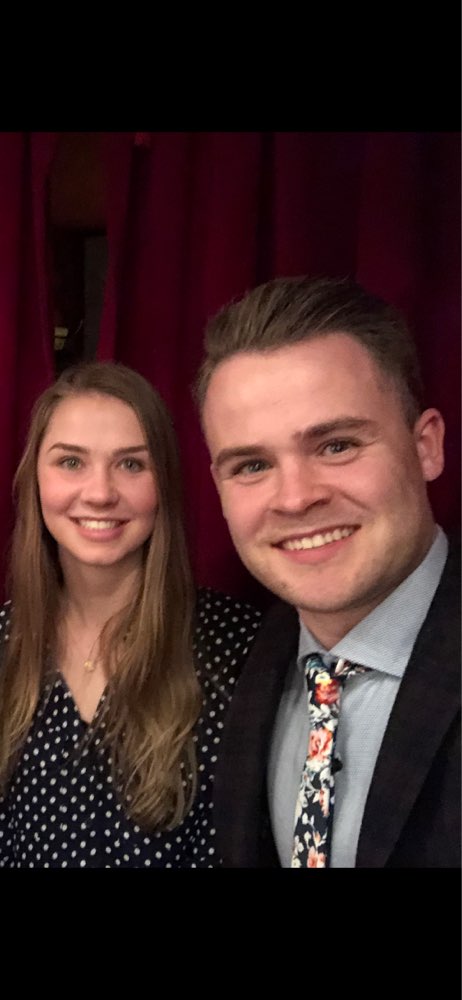June 2019 LSAT
Section 4
Question 22
If Morse works on Thursday, which one of the following must be true?

Replies

MrLaw on February 9, 2020
Annndddddd I figured it out on permutation 22... Nevermind. I see what information I needed. Still, I feel like it took me forever to work out.
Irina on February 12, 2020
@Alexander-Blankers,
The quickest way to approach this question is to refer to the initial setup instead of trying different scenarios. We have 5 volunteers L M N P Q and 9 open slots to fill. No volunteer can work on all three days, which means we have 4 volunteers working 2 days and 1 working 1 day:
2-2-2-2-1
Since M & L always go together, L must definitely volunteer 2 days though M could volunteer one.
L-2-2-2-1
This specific question asks if M works on Th, which of the following must be true. Well, we know that if M works on Th, then L works on Th as well. Where can the second L go?
Th M L ___
F N ___ ___
S ___ ___ ___ ~P
There are two different options here - M works two days or M works one day. If M works two days, then the only day the second M & L pair could go is Sat.
It cannot go on F because then there is no space left for P & Q:
Th: M L P
F: N M L
S: Q ??
This scenario results in P & Q only volunteering for one day, which is impossible per our inference above. Hence we can conclude that M & L must go on S:
Th: M L P/Q
F: N P Q
S: M L Q /N
The second option is if M only volunteers for one day.
Th: M L P
F: N P Q
S: Q N L
In this scenario, every other volunteer must volunteer for two of the days. Since P cannot volunteer on S, we know that P must go on Th & F. The only remaining spots for Q are F & S. And the remaining volunteers N & L must go on Sat as well.
Just by looking at these two scenarios, we can see that the only condition that must be true is that Q works on Friday.
Let me know if this makes sense or if you have any other questions.